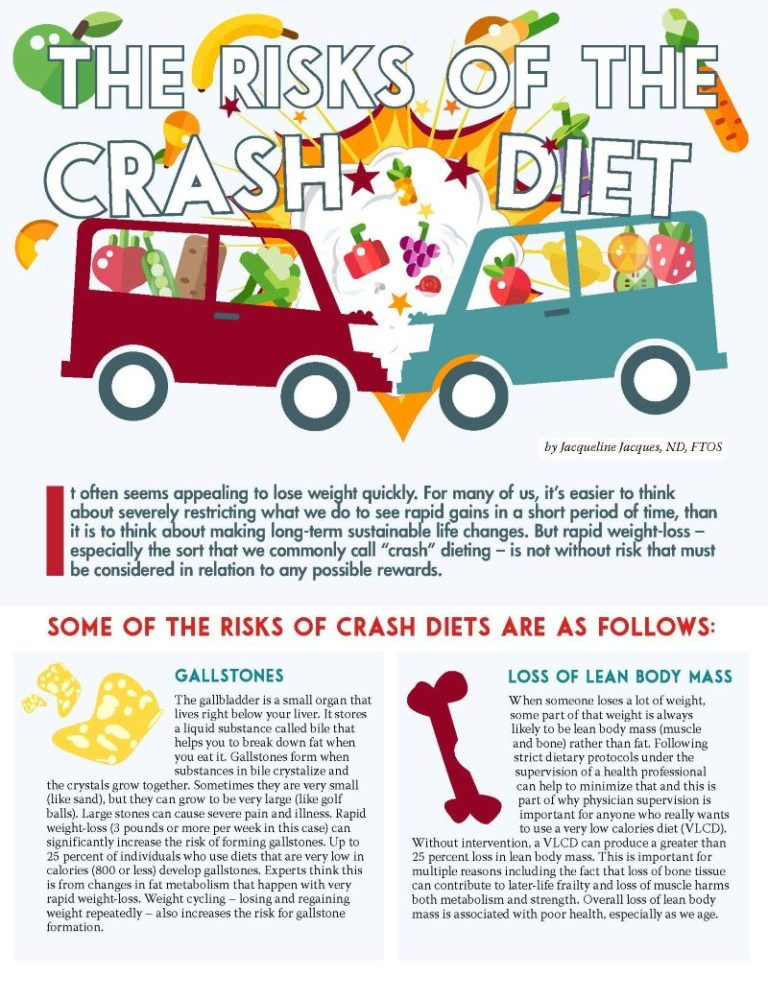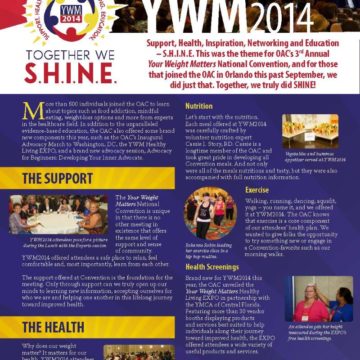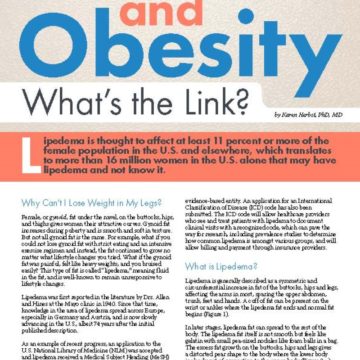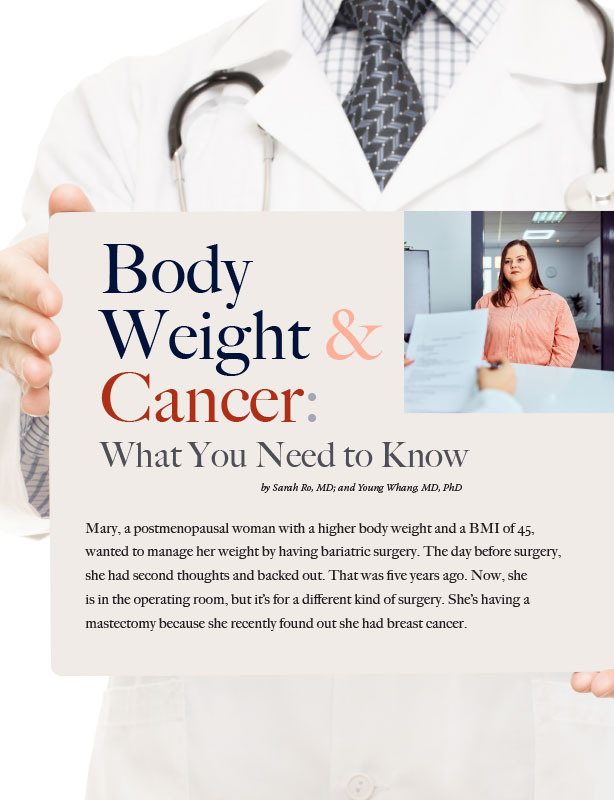The Risks of the Crash Diet


by Jacqueline Jacques, ND, FTOS
Fall 2014
It often seems appealing to lose weight quickly. For many of us, it’s easier to think about severely restricting what we do to see rapid gains in a short period of time, than it is to think about making long-term sustainable life changes. But rapid weight-loss – especially the sort that we commonly call “crash” dieting – is not without risk that must be considered in relation to any possible rewards.
Some of the risks of crash diets are as follows:
Gallstones
The gallbladder is a small organ that lives right below your liver. It stores a liquid substance called bile that helps you to break down fat when you eat it. Gallstones form when substances in bile crystalize and the crystals grow together. Sometimes they are very small (like sand), but they can grow to be very large (like golf balls). Large stones can cause severe pain and illness. Rapid weight-loss (3 pounds or more per week in this case) can significantly increase the risk of forming gallstones. Up to 25 percent of individuals who use diets that are very low in calories (800 or less) develop gallstones. Experts think this is from changes in fat metabolism that happen with very rapid weight-loss. Weight cycling – losing and regaining weight repeatedly – also increases the risk for gallstone formation.
Loss of Lean Body Mass
When someone loses a lot of weight, some part of that weight is always likely to be lean body mass (muscle and bone) rather than fat. Following strict dietary protocols under the supervision of a health professional can help to minimize that and this is part of why physician supervision is important for anyone who really wants to use a very low calories diet (VLCD). Without intervention, a VLCD can produce a greater than 25 percent loss in lean body mass. This is important for multiple reasons including the fact that loss of bone tissue can contribute to later-life frailty and loss of muscle harms both metabolism and strength. Overall loss of lean body mass is associated with poor health, especially as we age.
Poor Nutrition
We get our nutrition (protein, fats, vitamins, minerals etc.) from the food we eat. For an important set of nutrients (those that we call essential) we have to get them in minimum amounts each and every day (or at least very regularly) to assure good health. When you dramatically reduce what you eat, it can be very hard to meet your nutritional requirements. Additionally some crash diets may severely restrict the types of food people eat (no carbohydrate, no fat, no dairy foods, and so on) making it more challenging to get complete nutrition. While most of us have adequate nutrient stores to go very short periods of time without all of our essential nutrients, we can’t do this for long. Nutrient deficiencies can cause both short and long term health issues, some of which are very serious.
The Rebound Effect
When you lose weight, one of the hardest things to do is to keep it off. In one study of a VLCD, 40 percent of participants gained back more than they lost. When you drastically reduce calories, even if you need to lose weight, your body thinks you are starving. As a protective mechanism, your body slows your metabolism – but this makes it harder to keep losing weight. It also means that when you start adding more calories, you can regain weight very quickly. Many people will find they regain faster than they lost after this kind of drastic diet.
Other risks
Other possible side effects from very rapid weight-loss include electrolyte imbalances, abnormal heart rate and rhythm, low blood sugar, dehydration, acute gout, hair loss, weakness, constipation and more.
Conclusions
While it may seem tempting to engage in dramatic and rapid weight-loss, it’s not something that you should do on your own. Medically supervised diets can provide the appropriate safety measures to protect you while you lose weight, monitor your health for side effects, and help to assure your safety. If you are thinking of attempting rapid weight-loss on your own, it is important to consider the possible risks and talk to your doctor if you have any health conditions.
About the Author
Dr. Jacques, a frequent author in the OAC’s quarterly publication, Your Weight Matters Magazine, is a Naturopathic Doctor, medical nutrition expert, and Fellow of The Obesity Society. Dr. Jacques is currently the Vice President of Research and Development for Thorne Research, a company dedicated to enhancing health by providing the highest standards in quality and purity in therapeutic supplements for three decades. Her greatest love is empowering patients to better their own health. Dr. Jacques is a member of the OAC National Board of Directors.
by Sarah Muntel, RD Spring 2024 Spring has sprung, bringing sunnier and warmer days! For many, this…
Read Articleby Kendall Griffey, OAC Communications Manager Spring 2024 We have officially kicked off Your Weight Matters Regional…
Read Articleby Sarah Ro, MD; and Young Whang, MD, PhD Fall 2023 Mary, a postmenopausal woman with a…
Read Article








